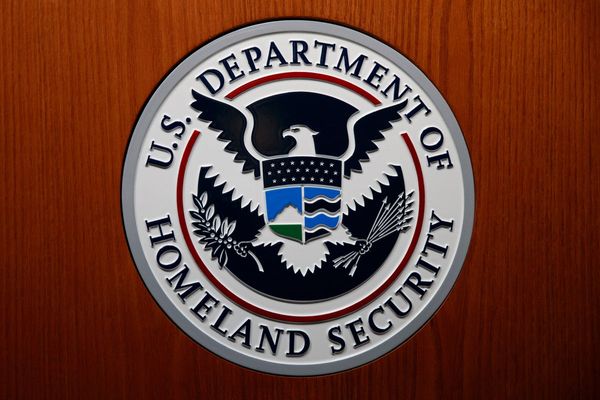
Holidays are traditionally a time for family, joy, and creating cherished memories. For many, the presence of grandparents is a central part of that celebration. However, a growing and painful trend is emerging where adult children are making the difficult decision to exclude their own parents from these festive gatherings. This drastic step is never taken lightly and is usually the result of long-standing issues that have reached a breaking point. The act of banning grandparents from holidays is often a last-ditch effort to protect the immediate family’s peace and emotional well-being.
Disregarding Boundaries and Rules
One of the most common reasons for banning grandparents is their repeated failure to respect the parents’ rules and boundaries. This can manifest in small ways, like giving children sugary treats against the parents’ wishes, or in more significant ways, like ignoring safe sleep guidelines for an infant. When boundaries are consistently trampled, adult children feel their parental authority is being undermined. It creates a stressful environment where they have to constantly police the grandparents’ behavior. Eventually, removing them from the situation feels like the only way to maintain a safe and consistent environment for their kids.
Creating Unnecessary Drama and Conflict
Some grandparents have a tendency to be the source of drama and conflict during family get-togethers. This can include instigating arguments, making passive-aggressive comments, holding grudges, or pitting family members against each other. Holidays should be a time of celebration, but their presence turns it into a tense and emotionally draining ordeal. The parents decide that the emotional cost of including them is simply too high. Protecting their children and themselves from predictable conflict becomes the top priority, even if it means banning grandparents from the festivities.
Undermining Parental Authority
Closely related to breaking rules, some grandparents actively position themselves as the “better” or “more fun” parent. They might tell the grandchild, “Don’t listen to your mom, let’s do it my way,” or openly criticize a parenting decision in front of the child. This behavior confuses children and puts the parents in an impossible position, forcing them to either confront their own parent or allow their authority to be eroded. When this pattern becomes chronic, the only way to re-establish their role as the primary authority figure is to create distance.
Unaddressed Toxic Behavior
In more severe cases, the issue stems from deep-seated toxic behaviors that have gone unaddressed for years. This can include issues like alcoholism, verbal abuse, narcissism, or manipulative tendencies. Adult children may have spent years trying to manage or mitigate this behavior, only to realize it will never change. For the sake of their own mental health and to break a generational cycle of toxicity, they make the painful choice of no contact, which naturally extends to holidays. The decision to start banning grandparents in these situations is an act of self-preservation.
Prioritizing Parental Peace of Mind
Ultimately, the decision often comes down to protecting the nuclear family’s peace of mind. Parents have a right and a responsibility to create a home environment that is peaceful, loving, and safe. If a grandparent’s presence consistently introduces stress, anxiety, and conflict into that environment, something has to give. Many couples decide that their primary obligation is to each other and their children. Preserving the sanctity and joy of the holiday for their immediate family becomes more important than upholding a tradition that causes harm, leading to the heartbreaking decision of banning grandparents.
Navigating Complex Family Dynamics
The choice to exclude a grandparent from holidays is a sign of a deeply fractured relationship, often years in the making. It is not an easy decision but one born out of a desperate need for peace and respect. For reconciliation to be possible, it requires the grandparent to acknowledge their harmful behavior, respect boundaries, and make a genuine effort to change. For the adult children, it’s about making the healthiest choice for their family, even when it’s the hardest one. Banning grandparents is a symptom of a much larger problem that can only be solved with accountability and mutual respect.
Do you think it’s ever acceptable to ban a family member from a holiday gathering? Share your perspective in the comments.
Read More:
9 Times Family Members Can Override Your Legal Wishes
7 Grandparenting Habits That Could Lead to Visitation Bans
The post Here’s Why Some Families Are Banning Grandparents from Holidays appeared first on Budget and the Bees.







